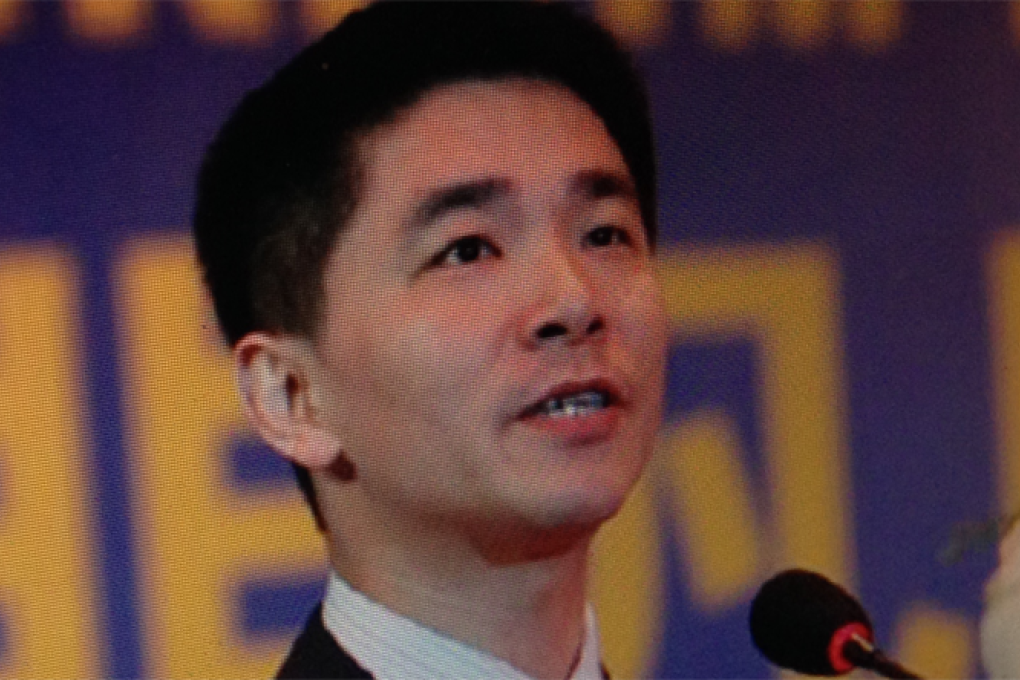Probe into China Minsheng chief Mao Xiaofeng just tip of iceberg in banking world of corrupt alliances
Investigation into Mao Xiaofeng opens window into world of corrupt alliances in financial sector

The investigation into the youngest-ever Chinese listed-bank president has exposed the tip of the iceberg of rampant power-for-money deals between senior officials and financial leaders, analysts say.
Mao Xiaofeng, president of China Minsheng Banking Corp, has been taken in for questioning by the government graft-buster, financial new service Caixin reported.

China Minsheng said yesterday that Mao, 42, had resigned for personal reasons and that his departure would not affect the bank's operations.
"As far as the bank knows, the matter is of a personal nature and is unrelated to bank operations," Xinhua quoted the bank as saying. It added that board chairman Hong Qi would take on the role of president.
Other mainland media outlets said Mao has been removed from his position as Communist Party secretary at the bank by the nation's banking regulators.